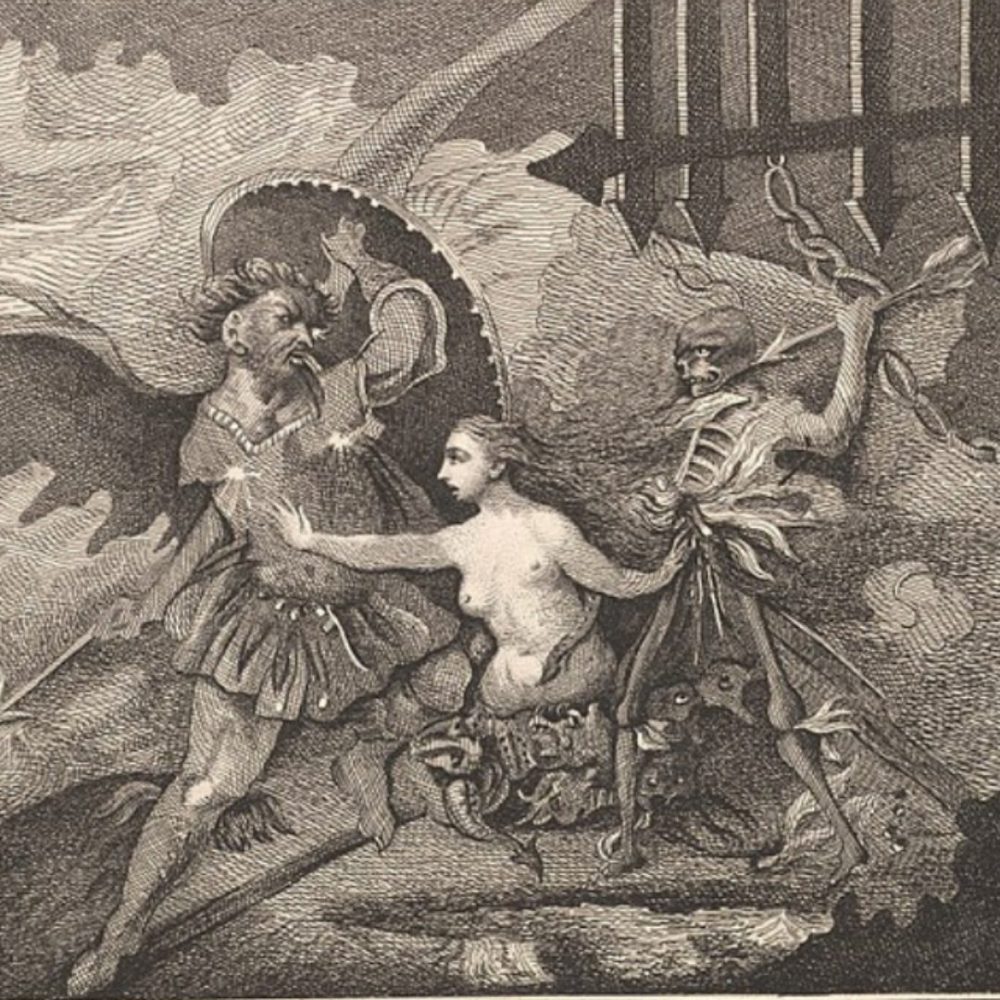
John Milton wrote Paradise Lost 16 years after he lost his eyesight
Recommended for Middle Grades
The Genesis of an Invisible Paradise
In the heart of London, on a crisp December day in 1608, the world received John Milton, a soul destined to navigate light and shadow with equal intensity. His father, a man of music and means, perhaps recognized the same fiery brilliance that would someday shape epics, in the young boy’s keen ear and insatiable hunger for verse.
A Mind’s Eye Untamed
Milton’s world was a mosaic of words. The melody of languages –Latin, Greek, their sonorous rhythms memorized note by note – were imprinted within him. His was a mind that saw through pages, building interior landscapes out of Homer and Virgil long before his eyes beheld them on their own.
Yet, as the years turned, a shadow crept across this vibrant world. Whether it was glaucoma or another ailment, we may never fully know. What we can imagine is the battle within – the dimming of the sunlit world replaced by a fierce inner light. Milton’s blindness, far from extinguishing his creative flame, became its crucible.
Some might say Milton’s blindness gave birth to Paradise Lost. Yet, perhaps it lay dormant within him all along. The lush gardens seen as a boy, the vibrant figures of his studies – these became the building blocks of Eden. The battles of Heaven and Hell, perhaps, were echoes of his own struggle to accept this new reality.
Dictation as Creation
The image of Milton, blind and unfaltering, dictating his vast epic is both heartbreaking and inspiring. His secretaries became more than mere scribes; they were the extensions of his sightless eyes. Each word spoken aloud was a world visualized, a star chart navigated within the boundless cosmos of his mind.
The Unseen Legacy
When Paradise Lost finally emerged, it was as if the world could finally glimpse the vibrant universe Milton held within. His blindness did not define the poem; it gave it depth and texture. It remains a testament to the extraordinary power of imagination, a reminder that the most enduring visions might well be those forged entirely within.
Curious Times is a leading newspaper and website for kids. We publish daily global news aligned to your learning levels (also as per NEP 2020): Foundational, Preparatory (Primary), Middle and Senior. So, check out the News tab for this. We bring kids’ favourite Curious Times Weekly newspaper every weekend with top news, feature stories and kids’ contributions.
ME – My Expressions at Curious Times is your place to get your work published, building your quality digital footprint. And it is a good way to share your talent and skills with your friends, family, school, teachers and the world. Thus, as you will step into higher educational institutes your published content will showcase your strength.
Communicate with us: Instagram.
0 (Please login to give a Curious Clap to your friend.)
